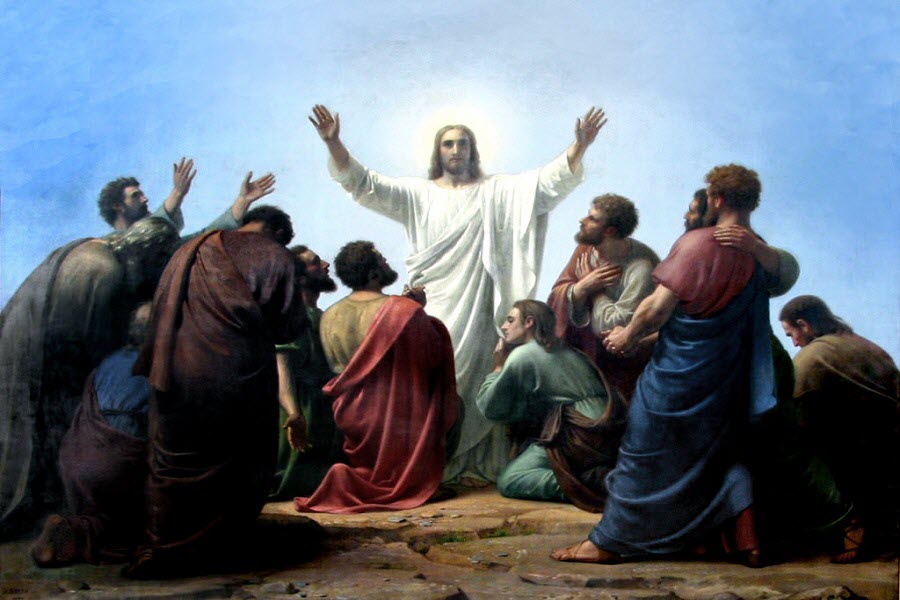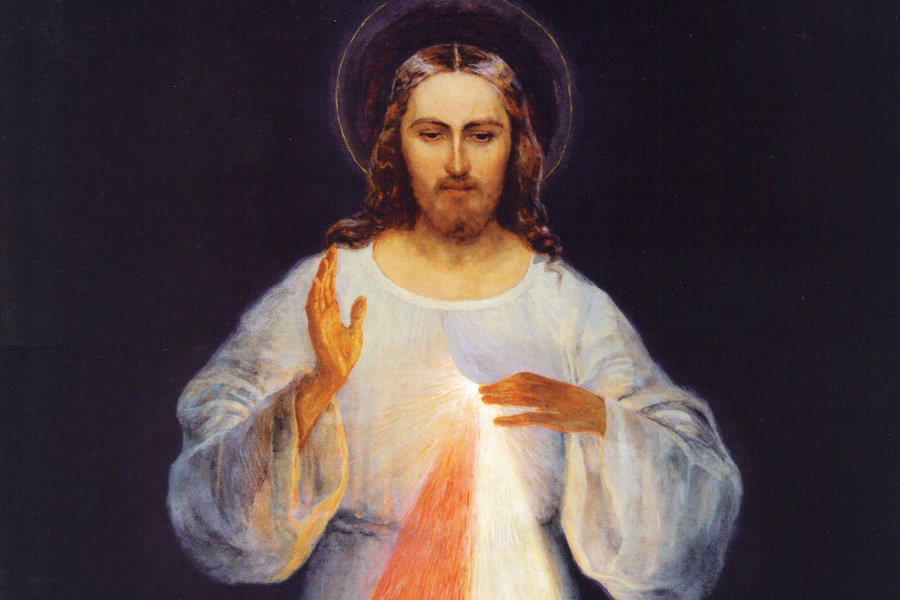
Fourth Sunday of Easter - The Rejected Savior
04-21-2024Gospel ReflectionTom SchmidtIn the reading from Acts, Peter explains to the leaders of Israel how they cured a crippled man. They probably expected Peter to take credit for the cure, so they were waiting for him to hang himself by his words. Peter, of course, gives the credit to Jesus and then makes two important points.
READ MORE
The Wounds of Christ
04-14-2024Gospel ReflectionBack in 2007, a group of researchers compared the amount of food consumed between two groups. They were curious to discover if the evidence of food already eaten (in this case, individuals were given chicken wings to eat while watching a football game) would impact the amount they ate altogether. They found that the participants ate less at the tables where the bones were left out in plain sight in comparison to the tables where the bones were removed. “The results suggest that people restrict their consumption when evidence of food consumed is available to signal how much food they have eaten.” (Brian Wansink, Cornell Chronicle, April 9, 2007).
READ MORE
Peace Be With You
04-07-2024Gospel ReflectionAlexis Dallara-MarshChapter 20 of the Gospel of John emphasizes Peace and the Holy Spirit abiding within us. Christ's first word following His death is "Peace". I do not find that I am naturally a peaceful person. I tend to get easily distracted and upset by life not being "fair", or agitated when things do not go exactly as I had planned. I am flawed. Yet so much greater than this is that I am also loved. Above all else, Christ has laid down his life for me. I owe it to Him to do my best to try to find an inner peace. It is often a battle. My mind races at night, dwelling on what might go wrong. It is by listening to the word of God that I calmed down and am reminded of who I really am. Through dedicating my time to Him in prayer and good deeds, He will rejuvenate me, like the Living Water He declares to the Samaritan woman.
READ MORE